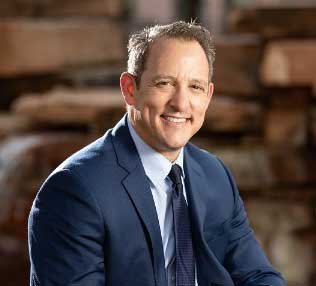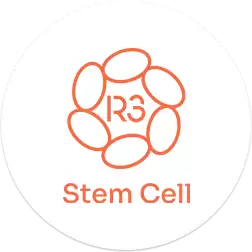There are two types of stem cell transplants based on the source of the stem cells. Autologous stem cells use the patient’s own stem cells harvested from different parts of the body, such as the bone marrow and fat tissues.
Allogeneic stem cells use stem cells from other people. Both stem cell therapies have been used successfully to repair damaged or defective cells and treat various diseases. This article gives in-depth information about the two types of stem cell transplants, along with their pros and cons.
Autologous Stem Cells
Autologous stem cell transplant involves the injection of patients’ own stem cells into parts of the body where the cells are needed. Before injection, the cells are harvested from specific body parts, including the bone marrow in hip bones and fat tissues. Autologous stem cells are harvested, processed, and injected under sterile conditions with little or no risks of infections.
During extraction, patients may decide whether they want general or local anesthesia. Though local anesthesia is sufficient since it is a minimally invasive procedure. If the stem cells are from fat tissues, doctors perform a minor liposuction procedure to extract the required amount of fat tissues.
For bone marrow-derived stem cells, a special injection is inserted into the middle of the hip bone or any other bone to extract the bone marrow. The extracted bone marrow or fat tissues is then processed, and the stem cells are separated from other components of these substances.
Pros of Autologous Stem Cells
- They pose no risk of immune rejection.
- Stem cell therapy that uses autologous stem cells takes less time and resources compared to allogeneic stem cell therapy.
- Stem cells will be in a familiar environment where they can easily survive and proliferate.
Cons of Autologous Stem Cells
- There might be a risk of transferring cancerous or infected cells since it is from the same sick host.
- Some patients might find the harvesting process uncomfortable.
Allogeneic Stem Cells
Allogeneic stem cells are very similar to Autologous stem cells. The method of extraction, processing, and injection are similar. The only difference is that the stem cells are donor cells. Allogeneic stem cells are required in certain situations. One, in cancer patients where there is concern that autologous stem cells will be cancerous, then allogeneic stem cell therapy is required. Also, older patients may have weaker, less healthy cells and need cells from a younger donor to replace their weak ones.
Pros of Allogeneic Stem Cells
- There is no risk of transplanting cancerous or infected stem cells.
- Allogeneic stem cells give older people a chance at stem renewal and revitalization.
Cons of Allogeneic Stem Cells
- There is a small risk of immune rejection because the stem cells might be viewed as foreign objects.
- The search for a suitable donor may waste time and resources.
Whatever treatment method you choose, R3’s Phoenix stem cell treatment centers have qualified and experienced stem cell doctors that will take you through all options available for you. Book an appointment today for the best health care service and a chance to say goodbye to pain.

Dr. David Greene
MD, PhD, MBA
Dr. David Greene, MD, PhD, MBA, is a pioneering leader in regenerative medicine and healthcare marketing. As a residency and fellowship-trained orthopedic surgeon, Dr. Greene transitioned from clinical practice to become the founder and CEO of R3 Stem Cell and US Lead Network, where he has revolutionized patient care and medical practice growth through innovative therapies and digital marketing strategies. He has authored two influential books on healthcare internet marketing, ranks among the top expert authors globally, and has been featured on the cover of Corporate Vision magazine for his impact on global regenerative therapies. Beyond his professional achievements, Dr. Greene is passionate about education, compassion, and continuous innovation.

Sorry, the comment form is closed at this time.